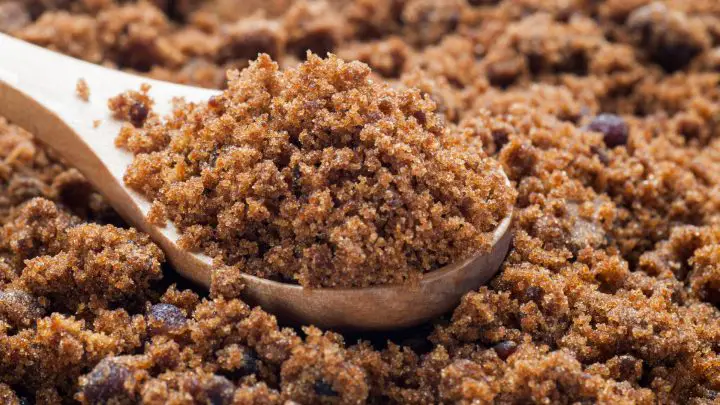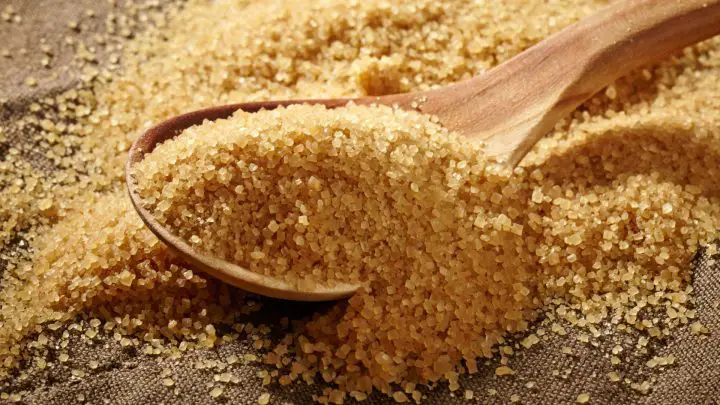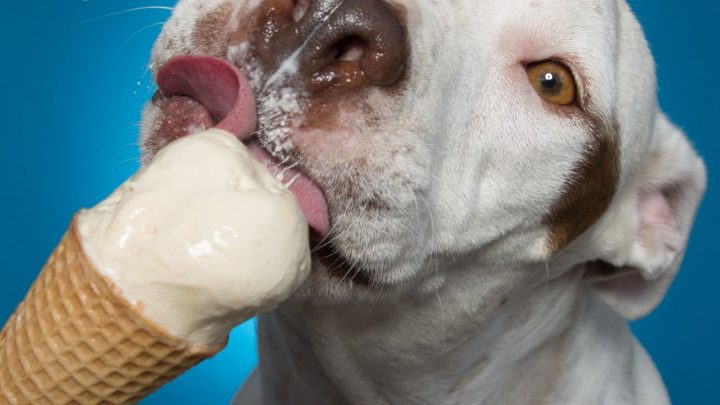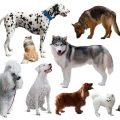Unsure whether to give your dog one of your sweet treats? Can dogs have brown sugar? Is its pining so much that the answer is erupting into vapor? Then join us quickly before you make the wrong decision. Today, we will be going through some of the potential health issues relating to a dog’s consumption of brown sugar, how to tell when a dog might have consumed too much, and alternative forms of sugar to feed your dog.

Table of Contents
- White Sugar vs. Brown Sugar
- Can Brown Sugar Sicken A Dog?
- Foods To Avoid
- What Happens If Dogs Eat Too Much Brown Sugar?
- What Sugar For Dogs is Good?
- Last Bark on Sweets
- FAQs
White Sugar vs. Brown Sugar
There is a very common misconception that brown sugar is better for overall health than white sugar. Sure, granulated sugar and the foods in which they are contained are not good for dogs. And, if abused, can lead to various health complications down the line.
The main difference between brown sugar and white sugar is that the former has been treated with molasses, while the latter has not.
Of course, there are a few health benefits in favor of brown sugar, though many sources would suggest that these are so negligible as to be irrelevant. Sure enough, brown sugar is thought to contain more trace minerals in its chemical composition, but, besides this, it is nutritionally a mirror image of white sugar.
Considering the cold hard facts, it is thus advisable that both dogs and humans should only consume sugar in moderation, whether that be brown sugar or white sugar.
Can Brown Sugar Sicken A Dog?
In the long term, over-consumption of any kind of sugar is going to do neither humans nor dogs any favors.
Thankfully, if a dog only has a small amount of brown sugar, then it is very unlikely to be dealt any serious blows. However, sugar is highly addictive to dogs, much as it is to humans.
This addiction makes sense and has been explained by numerous theorists and scholars over the years. Besides rewriting neural pathways in much the same way as other drugs do, sugar is linked to our evolutionary and ancestral past.
Back before the industrial revolution and the full-scale manufacture of sugar and products containing it, sugar was a rare commodity. Thus, we were taught evolutionarily to cherish it whenever it came. Now that sugar is so widely available, it seems that our bodies and minds have not yet caught up with this fact.
The same more or less goes for dogs, and so it will not take long for a dog to develop at least a craving for something containing brown sugar. Just a little nibble of something one day and then the next is enough for a dog to start craving it more and more.
This will eventually lead to a daily battle of conscience with yourself and your dog, of asking yourself whether or not to give in to their demands even though you know it is not good for them.
Not only can prolonged consumption of sugar lead to health complications, it can also foster obesity. This is something that will require a diet to combat. This will be an even greater test of conscience as you watch how truly miserable a diet can make a dog.
As with the answer to ‘can dogs eat durian‘, the answer is yes but with hesitance.

Foods To Avoid
Many foods made for human consumption contain sugars in some form, whether brown or white. Read the list of ingredients and still unsure? The best thing to do would be to play it safe.
There are a number of foods and ingredients that contain the kinds of sugars that are going to be unhealthy for your dog. These include:
- Caramel
- Corn syrup
- Sucrose
- Beet pulp
- Sorbitol
- Honey
- Fructose
- Molasses

What Happens If Dogs Eat Too Much Brown Sugar?
Besides some of the more long-term effects sugar consumption can cause, it would be useful also to note the more immediate effects. This can be helpful if you suspect that your furry friend has been up to no good eating brown sugar behind your back. You may want a quick way to tell.
If consumed in small doses, then the dog will most likely be fine and exhibit no obvious symptoms. In the event that a dog has consumed more than this, then keep an eye out for a stomach ache, diarrhea, or nausea and vomiting.
If, however, the dog has eaten two or more worth of brown sugar, then you might want to start worrying a little more. If you know for sure that your dog has consumed this much – or, indeed, if they have vomited more than once – then you should take them to the veterinarian as soon as possible.
Whatever the amount or the symptoms, you will want to make sure that the dog is staying as hydrated as possible. If this is not properly tended to, it can also become a whole other issue of its own. Eventual symptoms of vomiting and/or diarrhea may soon be taking form.
Pancreatic inflammation is known to occur in dogs who have produced excessive quantities of brown sugar. Eventual symptoms include lethargy and repeated vomiting.
Keeping watch over the dog for at least a couple of days while its systems repair is vital. Lest its condition deteriorates while you are not watching.
What Sugar For Dogs is Good?
Much as with humans, there are both good and bad sugars for dogs. There are also good and bad ways to go about getting them.
The best kind of sugar can be found in fruits. There are plenty of specific kinds that would be great to feed to your dog, such as
- Blueberries
- Bananas
- Pears
- Apples
There are, however, also a number of fruits that are to be avoided. They are either toxic in themselves or contain pits and seeds that could choke the dog.
These include
- Grapes
- Raisins
- Plums
- Currants
- Apricots
- Peaches
Last Bark on Sweets
So, there you have it! Hopefully, you are now feeling a little more able to decide which sugars are best to feed your dog. And which are best kept to humans only.
Just like with the topic of dogs eating cake, everything is okay in moderation. So be careful out there!
FAQs
Brown sugar itself is not toxic to dogs in small amounts, but it’s not a recommended treat for them either. While a small taste of brown sugar is unlikely to cause immediate harm, consuming large amounts of sugar, whether brown or white, can have negative effects on a dog’s health.





